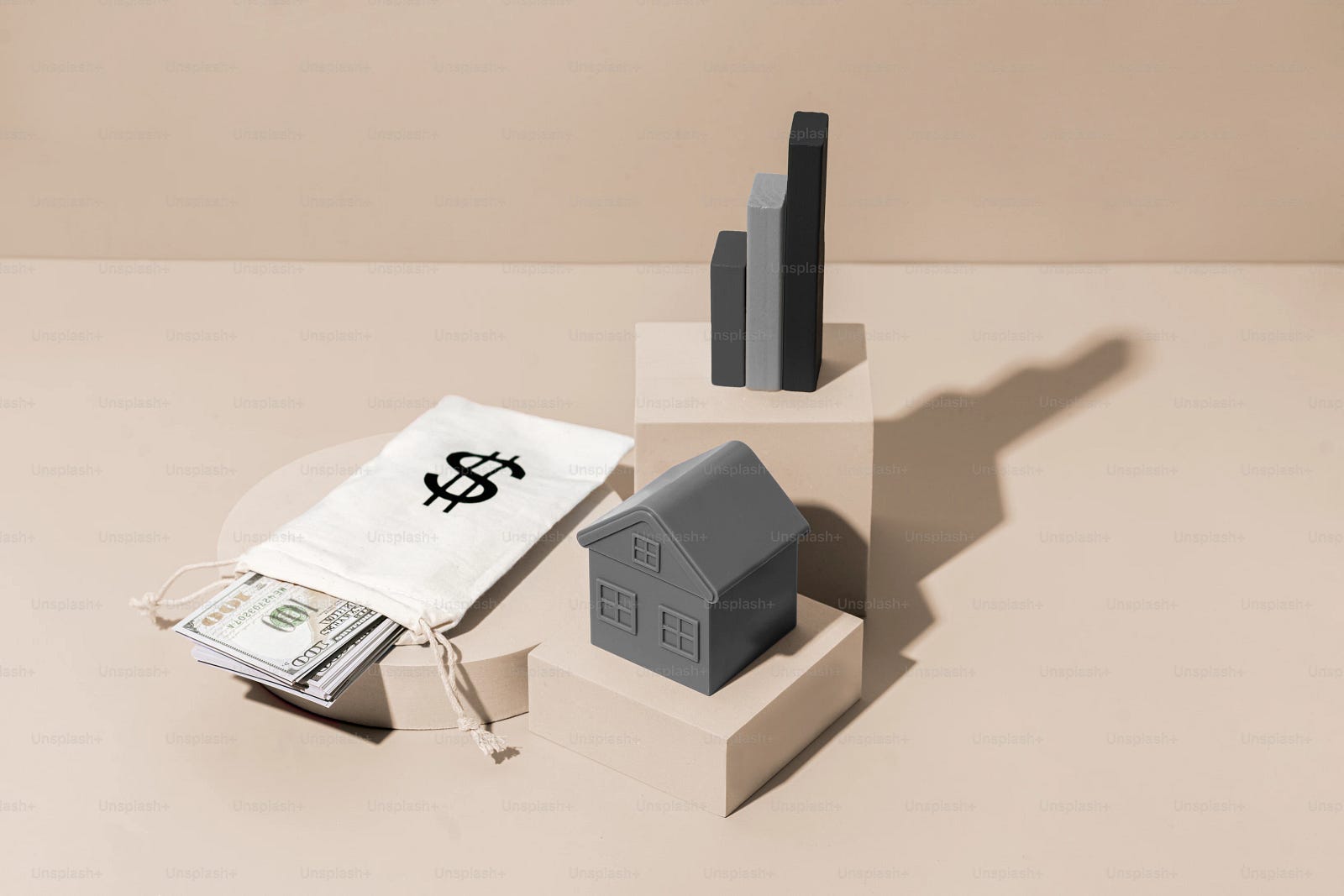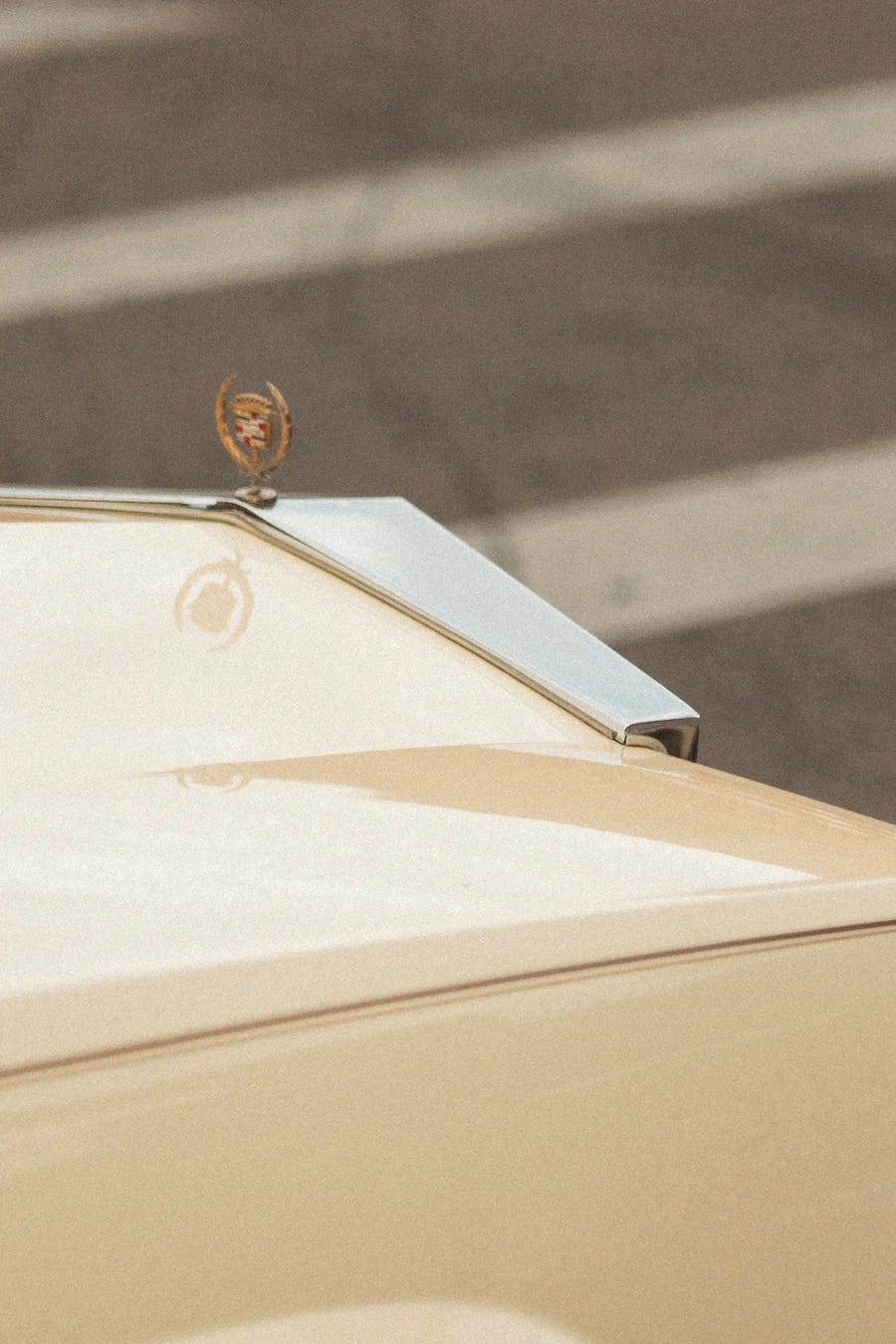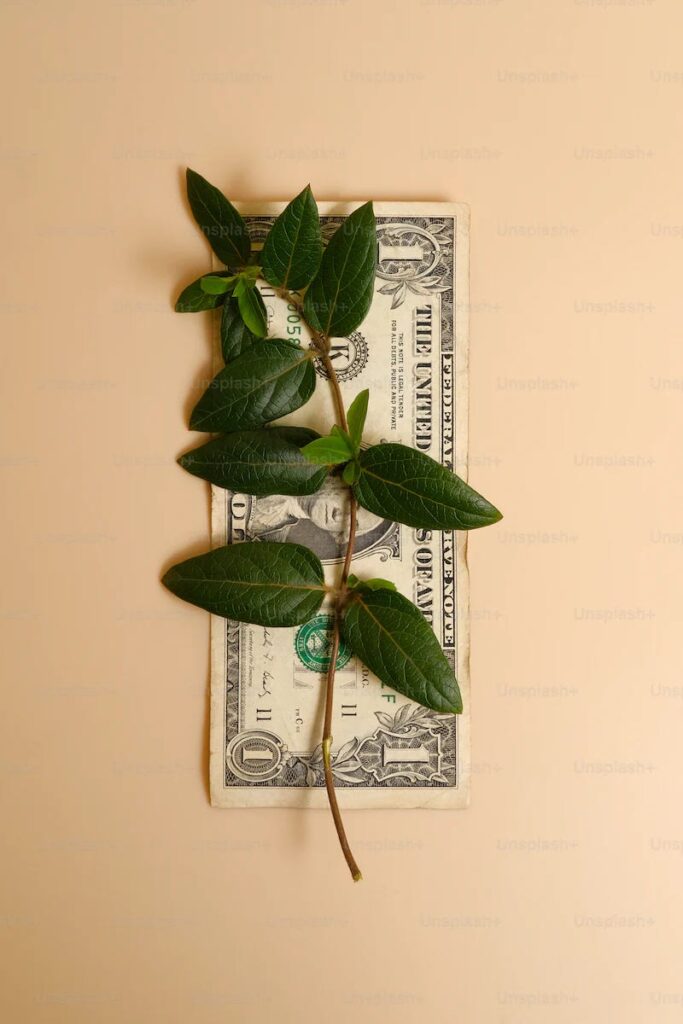When it comes to emergency savings, everyone’s approach differs based on two main risk factors: age and risk tolerance. However, achieving financial independence, freedom and general appreciation for life involves maintaining a substantial cash cushion for the unexpected and embracing a mindset that values it for its peace of mind.
As a seasoned blogger in the personal finance realm, having witnessed the real-life experiences of those truly wealthy versus those who appear rich but struggle financially, I’ve concluded that financial savviness hinges on how well one is willing to plan for the worst while hoping for the best. If you expect everything to go well and exactly as planned all the time, you’re in trouble.
According to the Pew Research Center, while around 40% of Americans adopt “cashless” spending habits on a weekly basis, over $2 trillion of U.S. currency circulates. This underscores the paradox of Americans spending way beyond their means, often driven by 21st century advertising tactics via social media and the influence of buy now, pay later schemes. Since dropping social media around 10 years ago, at 23 today, I feel I have the most control than I’ve ever had over what comes in and out. That feeling of financial power and freedom is rare when glued to most platforms.
Cash remains paramount. Even in the current economic climate, earning 4–5% on cash is attainable, particularly through various bank CDs. Despite the rocky start to the year, ensuring financial stability and peace of mind should always be default and top of mind.
In an era of rising inflation and the Federal Reserve’s cautious stance, relying on 6–12 months of emergency funds may not be sufficient. Many Americans lack even this basic safety net, especially those with high paychecks and a large mortgage. Maintaining more cash than comfortable with especially when big decisions are being made is the most prudent decision you can make for your mind and wallet.

To Infinity & Beyond
Post-pandemic, there’s been a surge in pent-up demand, spending, and all around YOLOing, with individuals looking to spend their way out of worries and savor life to the fullest. However, we all know that all good things come to an end and we’ll retire one day. Balancing enjoyment and financial responsibility is key, ensuring that one’s lifestyle aligns with their financial reality. It never hurts to save a little extra.
But don’t get me wrong — avoiding extremes is essential, including an over-reliance on cash. Anything of a good thing is bad too. But if you cannot sleep at night thinking about your unstable cash cushion, that’s never fun and certainly not the definition of wealthy. Predicting market movements is challenging, and diversification remains crucial. While uncertainties such as interest rates and inflation persist, avoiding extremes and maintaining a balanced approach is prudent.
In a world filled with endless temptations to spend, understanding that not all spending is necessary and that a comfortable reserve offers security is a valuable perspective. The reassurance of having cash on hand outweighs the temporary satisfaction of impulsive purchases. Would you rather live large and empty inside or in a modest home with a stable balance sheet?
Just like there are endless things to buy, there are countless ways to overspend more than you think. After all, if your spending doesn’t hurt, you’re not managing your money wisely!

What’s Certain is Uncertainty
It’s comforting to see that the majority of Americans are wealthier post-pandemic, thanks to massive stock gains, increased passive income sources from more time spent at home, and the tech boom. However, all good things come to an end, and unexpected expenses always arise, especially when we least expect them. As they say, “something always comes up” is a constant in life!
At my stage in life, a few months post-grad now working full-time and gearing up for back to school to my MBA in a few weeks, there’s no better feeling than being comfortable and secure with a little extra cash on the sidelines.
Life is made for living and in order to do that best, stay secure and reasonable, within your limits.
Don’t fall into the trap of obsessing over what you don’t have. As cash-equivalent investments such as CDs and bonds continue to generative impressive returns nearing 6% in some cases, know this won’t last long on your cash. No matter what happens this year from recessionary fears to an impeding election, it’s essential to strike a balance and prioritize financial comfort over anything.

